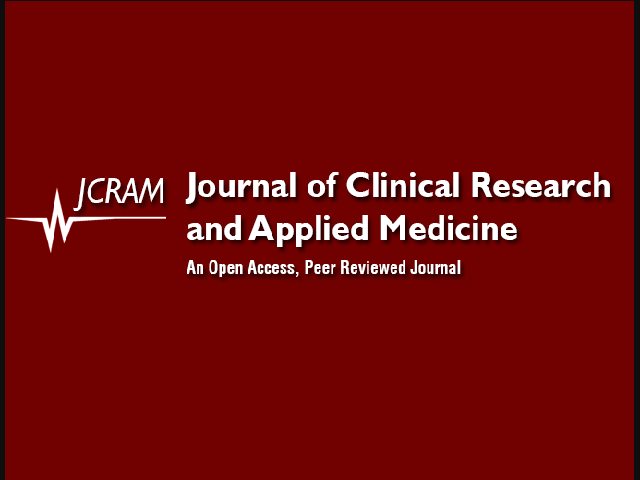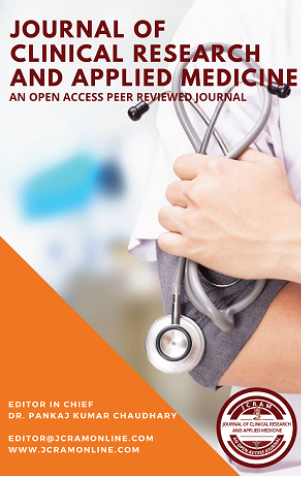The Role of Emotion Regulation in Stress Management: An Overview
DOI:
https://doi.org/10.5530/jcram.3.1.3Keywords:
Emotion Regulation, Stress Management, Stress, Coping, Strategies, Mental Health, Physical Health, Interventions, Individual DifferencesAbstract
Emotion regulation refers to the methods by which individuals manage and control their emotions. This may involve cognitive reappraisal, expressive suppression, and mindfulness practices. Effective emotion regulation enables individuals to respond adaptively to emotional stimuli and situations, which can result in enhanced psychological health. Stress management, on the other hand, entails the techniques and strategies individuals use to cope with life's stressors. This can include behaviours like exercise, relaxation techniques, and social support seeking. Individuals can reduce the negative effects of stress on their mental and physical health and enhance their overall quality of life through effective stress management. There are numerous reasons why it is essential to examine the role of emotion regulation in stress management. First, research has consistently demonstrated that people who are adept at emotion regulation experience less stress and have better mental health outcomes. Understanding how emotion regulation influences stress management can therefore inform the development of effective interventions for stress management. Stress is pervasive and can have significant negative effects on an individual's health and well-being. By understanding the role of emotion regulation in stress management, we can identify strategies to help individuals better manage stress and reduce its negative impact on their lives. And the ability to regulate emotions is a crucial component of emotional intelligence, which is essential for success in many aspects of life, including work, relationships, and overall well-being. Therefore, studying the relationship between emotion regulation and stress management can have far-reaching implications for the success and happiness of individuals as a whole.

Downloads
Published
How to Cite
Issue
Section
License
JCRAM and its contents are licensed under a Creative Commons Attribution-Non Commercial-No Derivs 4.0 License. Permissions beyond the scope of this license may be available with editor@jcramonline.com






